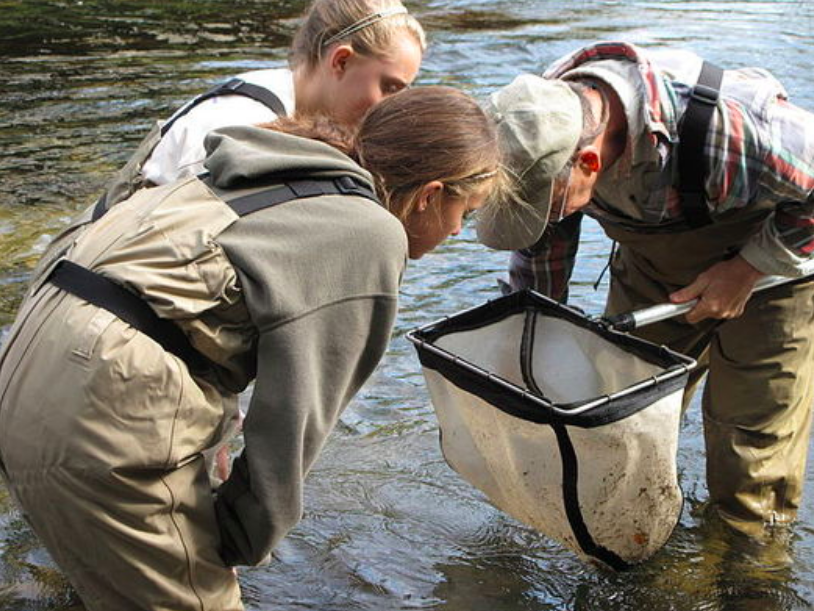Earlier this week, Utah’s Division of Wildlife Resources, along with volunteers from Trout Unlimited, delivered rainbow trout eggs to 33 Utah schools taking part in the Trout in the Classroom program. The eggs are placed in specially designed tanks where students can watch them transform into baby fish.
Brett Prettyman, intermountain communications director for Trout Unlimited, says the final step—when students release their fingerlings into Utah ponds, lakes and streams in the spring—can be emotional.
“There are some tears,” he says. “But it’s also powerful to see that they are connecting. They’re going to think about the fish that they helped raise that are swimming around in that river, and understanding how special these places are and how they need to be taken care of.”
Each school received about 300 eggs. Students take ownership of caring for the trout by feeding, testing water quality and keeping the tanks clean.
Trout in the Classroom was originally designed for fourth graders, but Prettyman says the program—which incorporates science, mathematics, physical education and other elements—is also at work in Utah kindergartens and high schools.
In addition to learning about the fish, Prettyman says, kids study the entire habitat of streams. Trout need cold, clean water to survive, which he notes is an ever-shrinking commodity. But he’s hopeful that passing this knowledge on to kids at an early age will help the next generation of anglers embrace conservation.
“Native fish, like cutthroat trout here in Utah, are like the ‘canary in the coal mine,'” he explains. “If they’re not present in a river system, then there might be some telling problems that could end up impacting people as well. Because, in the end, we all need water.”
The national program substitutes salmon eggs for trout in western states and baby brook trout in eastern parts of the U.S. Prettyman says kindergarten students focus on caring, growth, understanding life cycles and the seasons. High school classes explore water chemistry, the nitrogen cycle, natural-resource management, and watershed geology and ecology.
—Public News Service



